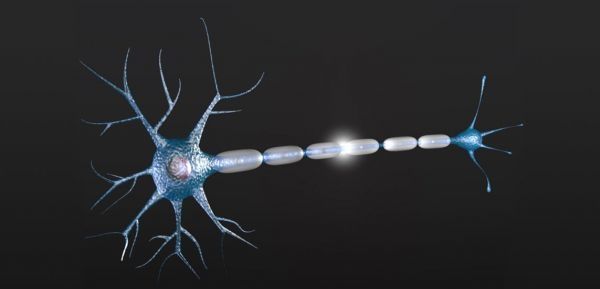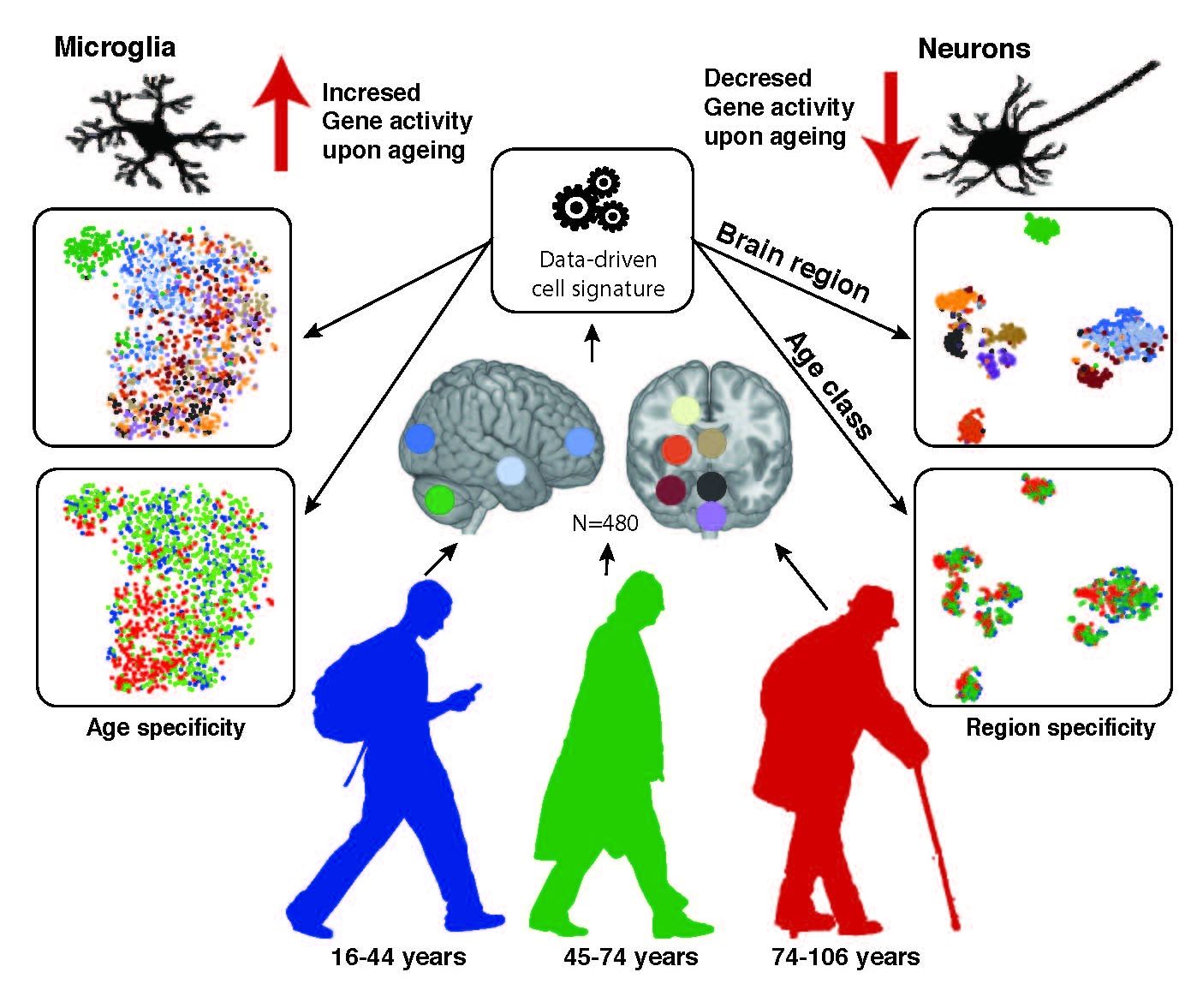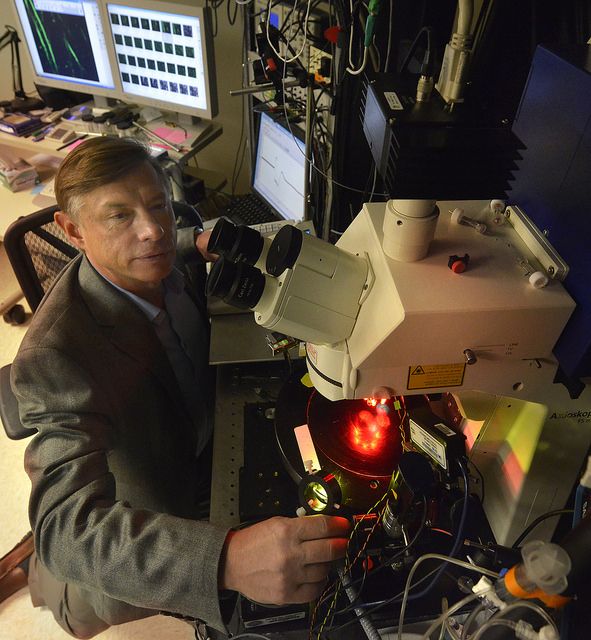Jan 12, 2017
Reprogramming Stem Cells Could Soon Lead Us to a World Without Paralysis
Posted by Shane Hinshaw in categories: biotech/medical, genetics, neuroscience
Motor neurons are vital cells that facilitate muscle contraction and also affect sensation. In diseases like ALS and spinal muscular atrophy, motor cells are plagued with mutations that cause degrees of paralysis and pain in patients. In a study detailed in Cell Stem Cell, scientists developed a mechanism to directly reprogram stem cells into motor neurons.
Cell reprogramming is a novel exploration in medical studies that could treat numerous diseases by growing the body’s own stem cells into healthy cells. The mechanism of reprogramming, however, has just begun to be understood.
The researchers elucidated a new pathway for cell reprogramming by analyzing gene transcription in mice. As established by previous studies, reprogramming is brought about by a series of transcriptions, AKA, how the genes control the expression of other genes.
Continue reading “Reprogramming Stem Cells Could Soon Lead Us to a World Without Paralysis” »















